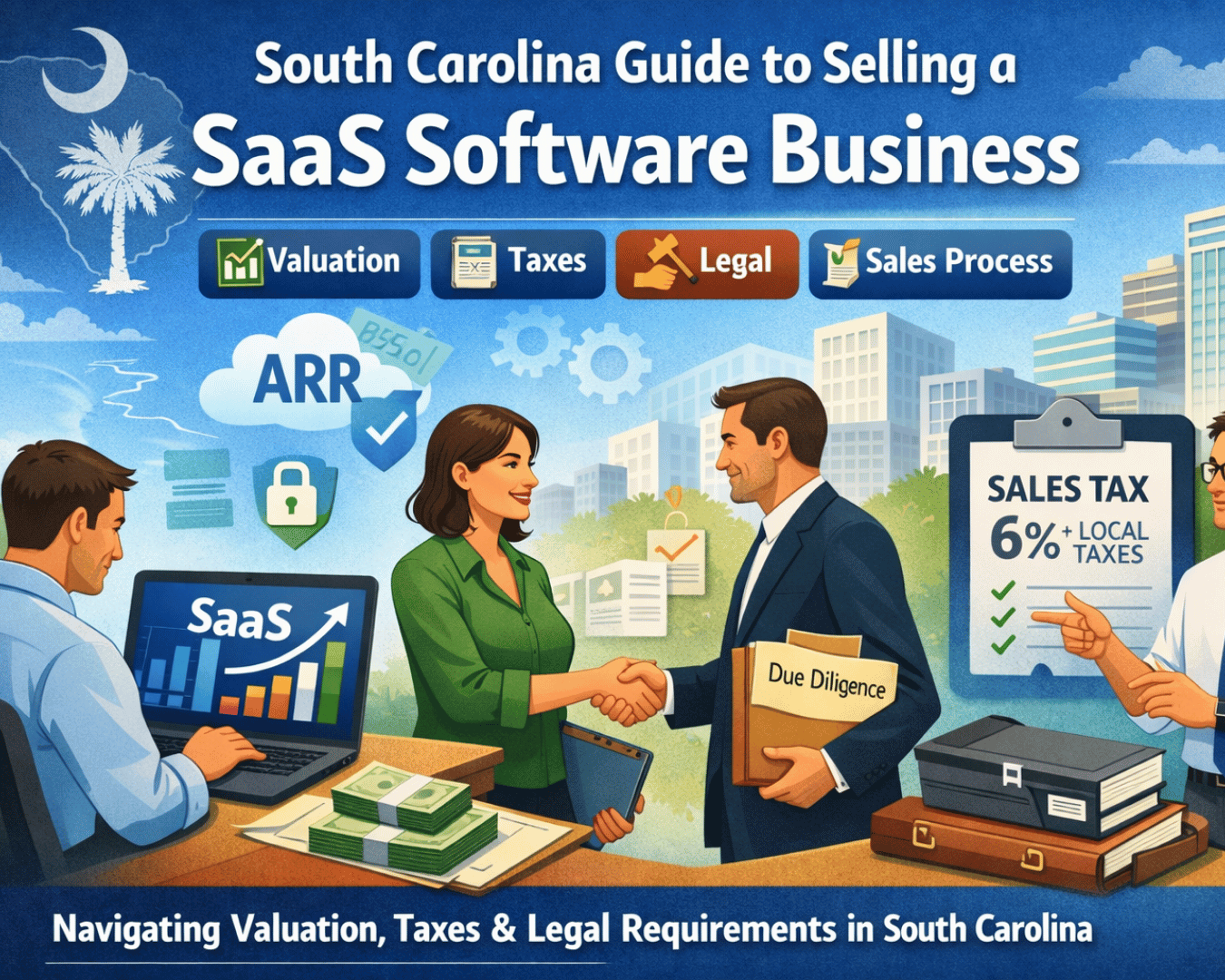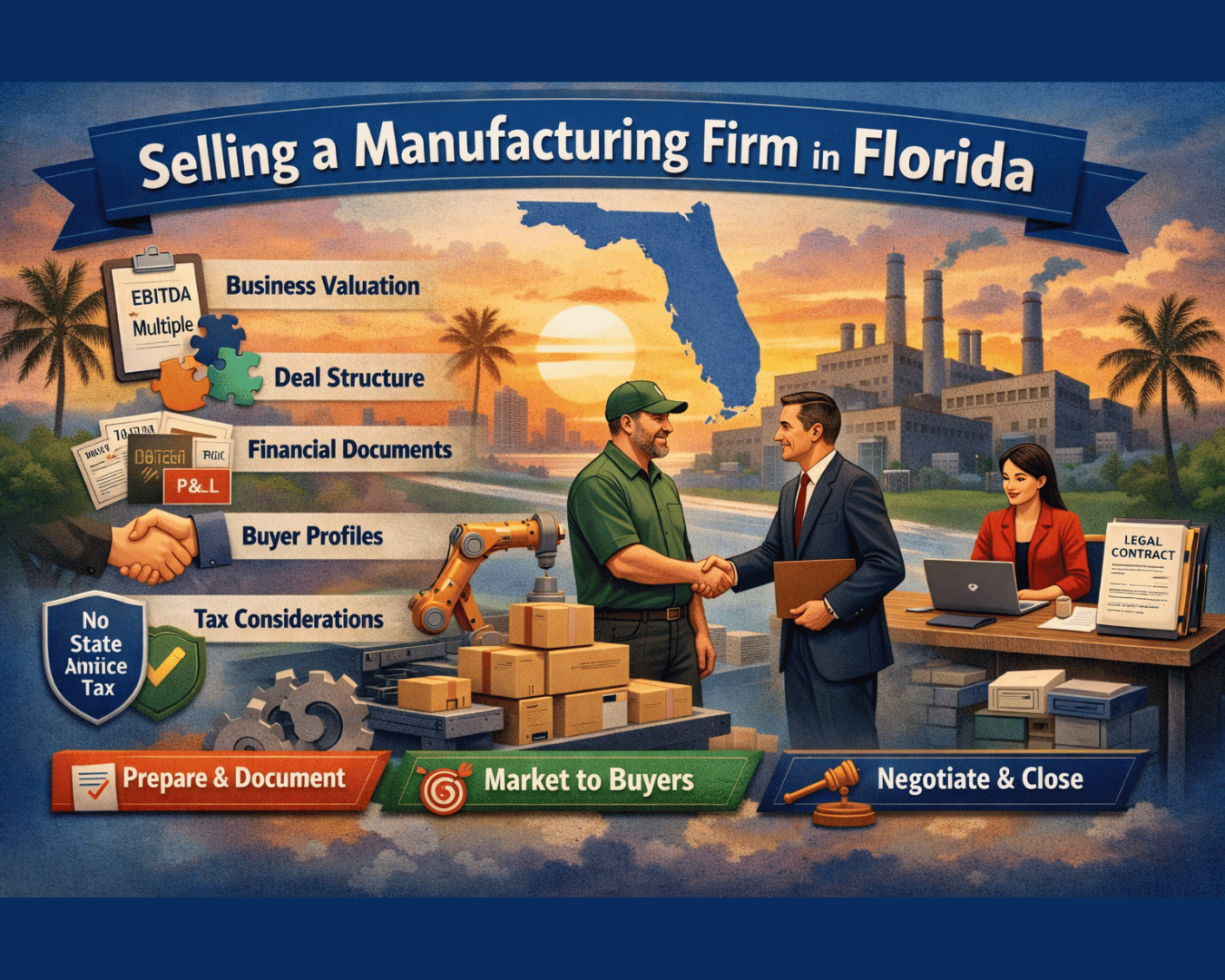The New MBA Pivot: Entrepreneurship Through Acquisition
In the past, ambitious MBAs followed a predictable path: consulting, investment banking, or climbing the corporate ladder. Today, a growing number are taking a radically different route: buying small businesses to become CEOs on day one.
This model, known as Entrepreneurship Through Acquisition (ETA) or search funds, allows young professionals to skip the startup grind. Instead of inventing a new product or chasing venture capital, they acquire a profitable, often unglamorous business—think HVAC, waste management, or local logistics—and focus on scaling operations.
Stanford Graduate School of Business, which pioneered the study of search funds in the 1980s, reports record activity. Over 90 new first-time search funds launched in 2023, the highest ever, with over 80% of searchers under 35. Many of these professionals are leaving six-figure salaries behind to buy companies generating $1M–$5M in annual profit.
How Search Funds Work
Search funds operate like mini private equity. Here’s the lifecycle:
- Raise the Search Fund: A searcher raises $300K–$800K from a small group of investors to cover living expenses and deal sourcing for 18–24 months.
- Search for a Business: Candidates target industries with stable cash flows, recurring revenue, and room to grow—think commercial services, healthcare, or niche manufacturing.
- Acquire the Business: Investors provide the equity to buy the company, often paired with SBA or bank financing to leverage the acquisition.
- Become CEO: The searcher steps in as operator, often taking over from a retiring founder.
- Scale & Exit: After 5–7 years, the company is typically sold to private equity, a strategic buyer, or recapitalized—producing returns for investors and life-changing wealth for the operator.
This strategy attracts MBAs and former consultants because it offers ownership, leadership, and wealth-building without starting from zero.
Real-World Operator Stories
Case Study 1: From PowerPoint to Plumbing
Dan Schweber left a career in healthtech consulting and early-stage startups to buy an air-duct cleaning company in Virginia. He raised $480K from 14 investors, acquired a $4M-revenue business, and scaled it to $7M in just a few years. His 5-year goal? $25M in revenue—without ever returning to corporate life.
“I wanted to build something tangible, not just sit in meetings making decks for someone else’s company.” – Dan Schweber
Case Study 2: The Quiet Wealth of Unsexy Industries
Another operator, a 33-year-old Wharton MBA, purchased a trash-hauling and recycling business in the Midwest. While classmates went to Wall Street or Big Tech, she spent her first months learning to operate garbage trucks and negotiate with municipal clients. Three years later, her EBITDA grew 2.5x, and she paid herself a $350K salary while building seven-figure equity.
These stories share a theme: boring businesses often lead to extraordinary outcomes.
The Highs and Lows of the Search Fund Path
Upside:
- Immediate Ownership: You’re not climbing anyone else’s ladder—you’re the CEO.
- Equity Value: Successful exits can yield $3M–$15M+ for operators.
- Tangible Work: You get to build a team, improve operations, and see direct results.
Downside:
- Failure Rate: 37% of searchers never acquire a business.
- Emotional Pressure: Operators often face intense loneliness, self-doubt, and 24/7 responsibility.
- Financial Risk: A failed search means 2 years gone and often personal savings depleted.
One Stanford study found that about 20% of search funds produce no return, and 5% lose all equity. The rest are split between moderate successes and breakout wins.
Why Search Funds Are Surging Now
This wave of millennial and Gen Z interest in small business ownership isn’t a coincidence—it’s the result of five converging trends:
- The Silver Tsunami: Over 2.4 million baby boomer-owned businesses will transfer in the next decade, many with no succession plan.
- Corporate Disillusionment: Younger professionals value autonomy and purpose more than a VP title and 80-hour weeks.
- AI & Automation: Tech is flattening traditional career ladders while creating operational leverage in small businesses.
- SBA & Financing Tailwinds: SBA 7(a) loans and flexible investor capital make it possible to acquire $3M–$10M companies with little personal capital.
- Quiet Wealth Movement: Social media has made “boring business riches” visible—think lawn care empires, pest control, and local logistics.
Investor Perspective: Why Back a Searcher?
Search fund investors are often former searchers, small private equity groups, or family offices. Their motivation:
- Attractive Returns: Successful funds often achieve 25%–35% IRR.
- Diversification: Investing in local service businesses diversifies from public markets and tech.
- Talent Leverage: They bet on ambitious, scrappy operators rather than just financial engineering.
But they also know this is a people bet. A stellar deal with a poor operator can still fail.
How to Win as a Searcher
If you’re considering this path, here are the 5 pillars of successful searchers:
- Pick the Right Industry
Look for recurring revenue, high margins, low disruption risk, and fragmented competition.
Examples: HVAC, commercial cleaning, healthcare services, logistics, niche manufacturing. - Secure Flexible Capital Early
Build relationships with investors who provide guidance, not just cash. A small group of 10–20 backers is typical. - Be Operationally Curious
If you can’t imagine shadowing a technician, riding in a delivery truck, or reviewing invoices, ETA might not be for you. - Build a Peer & Mentor Network
Leverage accelerators like Search Fund Accelerator or connect with alumni from Stanford, Booth, and Wharton. - Know When to Walk Away
Time is your most precious asset. If a deal doesn’t pencil out or operations drain your mental bandwidth, pivot fast.
A New Era for Main Street M&A
Search funds are changing the face of small business ownership. They bridge the gap between retiring baby boomers and ambitious young operators eager to build wealth in the real economy.
Unlike Silicon Valley startups chasing hypergrowth, searchers are quietly consolidating Main Street, creating a generation of millionaire owner-operators—and offering investors steady, non‑tech‑dependent returns.
Bottom line: Search funds are not a shortcut. They’re a high‑risk, high‑reward leap into real ownership—perfect for the millennial or Gen Z MBA who wants impact, autonomy, and wealth on their own terms.


%20%20Process%2C%20Valuation%20%26%20Legal%20Checklist.png)




















%20in%20a%20%2420M%20Sale..png)
%20vs.%20Conventional%20Loans%20for%20business%20acquisition.png)























.png)


.png)
.png)


































.png)





















